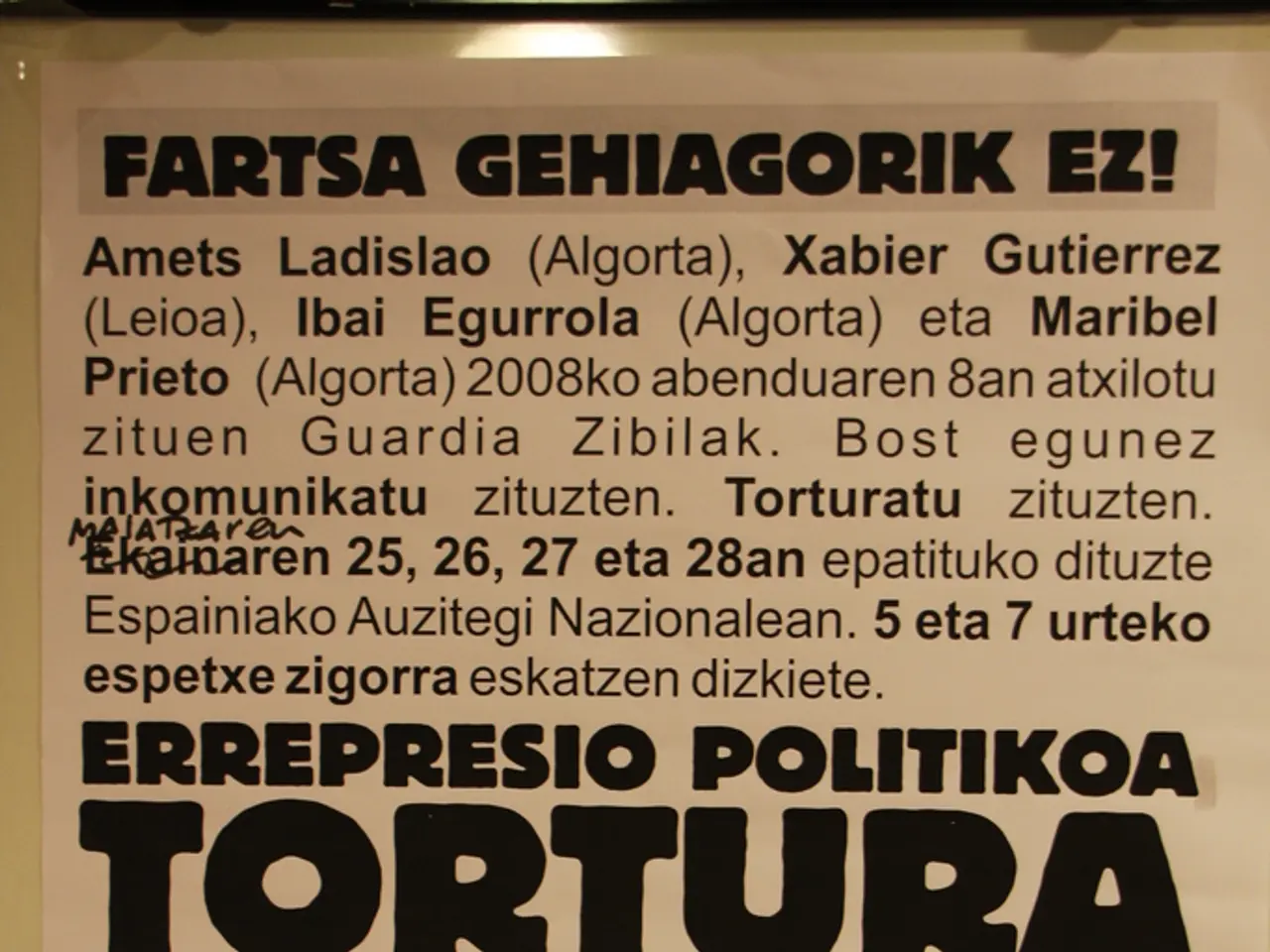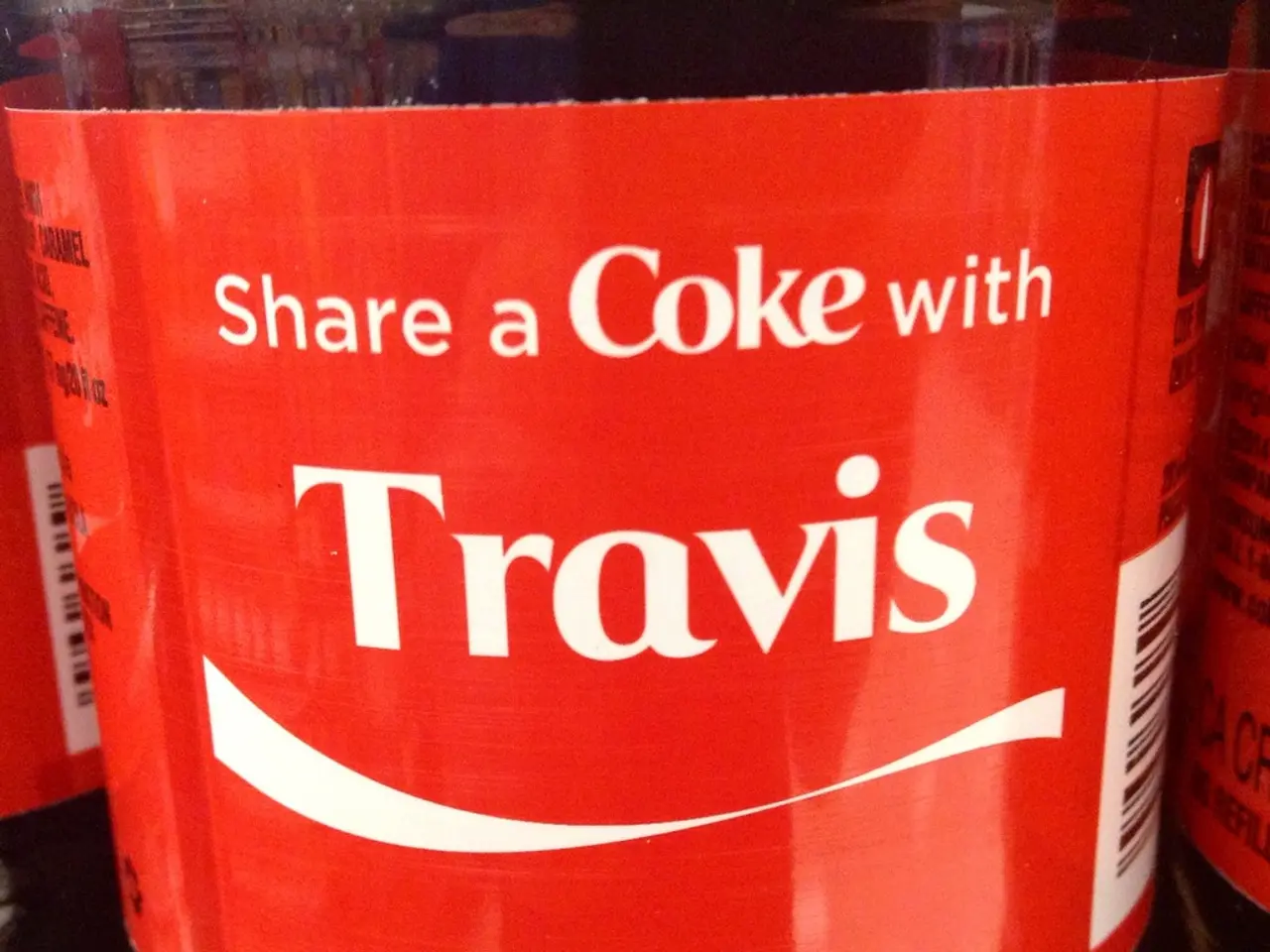Basque entrepreneur escalates conflict with Colombian authorities, labeling him a "criminal"
In a significant development, the Keralty group, led by Basque entrepreneur Joseba Grajales, has announced plans to take legal action against President Gustavo Petro and members of his government team. The crux of the dispute revolves around allegations of a systematic disinformation campaign, constitutional court rulings, and ongoing controversy over state intervention in the healthcare sector.
The controversy began when Grajales accused President Petro and his government of orchestrating a "systematic campaign of misinformation" filled with lies, slander, and insults aimed at undermining the reputation and work of Keralty and its leaders. This campaign, according to Grajales, seeks to damage the company’s legitimacy and operations in Colombia. In response, Grajales has vowed to file lawsuits at both national and international levels against President Petro and government members responsible for spreading these falsehoods.
The core legal event was a ruling by Colombia’s Constitutional Court that declared illegal the government’s intervention in Sanitas, a subsidiary of the Keralty group. The government had taken control of Sanitas in April 2024, citing financial troubles, but the Court found the intervention unlawful, invalidating the government’s actions against procedural and legal standards. This ruling was hailed by Grajales and Keralty as a major vindication of their legal rights and institutional integrity, reaffirming the illegality of the state’s interference.
The controversy revolves around President Petro’s strong stance against private health companies, which he accuses of corruption, illegally profiting at the expense of vulnerable populations, and even of illicitly financing political campaigns with foreign funds. However, investigations revealed that political donations made by Keralty before the 2022 elections were small, legal, and spread across various political parties, including opposition groups.
This battle is more than legal; it reflects a deep political and social struggle in Colombia over the future and control of the healthcare system. With billions of dollars and millions of people’s health services at stake, the dispute encapsulates broader issues of legality, political influence, and public trust in health institutions.
In summary, the Grajales vs Colombian government legal action involves:
- A systematic disinformation campaign, with Grajales pursuing lawsuits against government members responsible for spreading falsehoods - A ruling by the Colombian Constitutional Court declaring the government’s intervention in Sanitas illegal, reaffirming corporate legality and rights - Political accusations, with Petro accusing Keralty of corruption and illegal campaign funding, but investigations showing legal, minor donations - An ongoing legal and political battle implicating healthcare reforms, legitimacy, and corporate-government relations
This complex conflict is emblematic of Colombia's troubled healthcare sector and the tensions between private enterprise and state control. As the legal proceedings unfold, the future of healthcare in Colombia hangs in the balance.
- In a larger context, the ongoing dispute between the Keralty group and President Gustavo Petro embodies the political and social tensions in Colombia over the future and regulation of the healthcare sector.
- The Keralty group, led by entrepreneur Joseba Grajales, is planning to take legal action against President Gustavo Petro and his government team, accusing them of a systematic disinformation campaign.
- Grajales claims that this campaign, filled with lies, slander, and insults, is designed to damage Keralty's legitimacy and operations in Colombia.
- The Colombian Constitutional Court has already ruled that the government's intervention in Sanitas, a subsidiary of Keralty, was illegal, reinforcing the importance of procedural and legal standards in such actions.
- Beyond the legal realm, this conflict highlights the broader issues of legality, political influence, and public trust in health institutions, with billions of dollars and millions of health services at stake.




